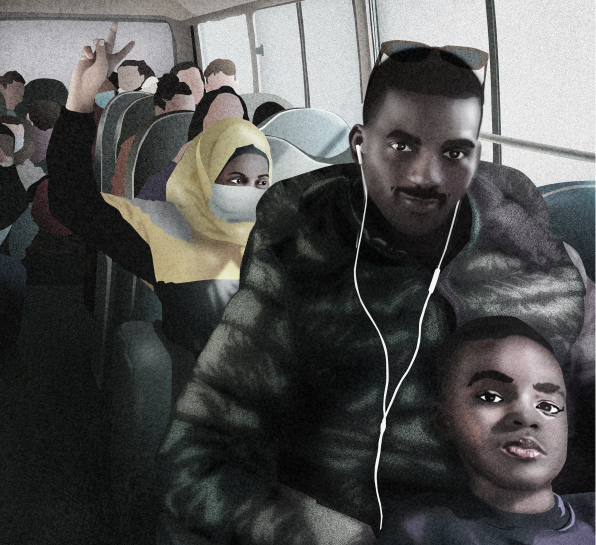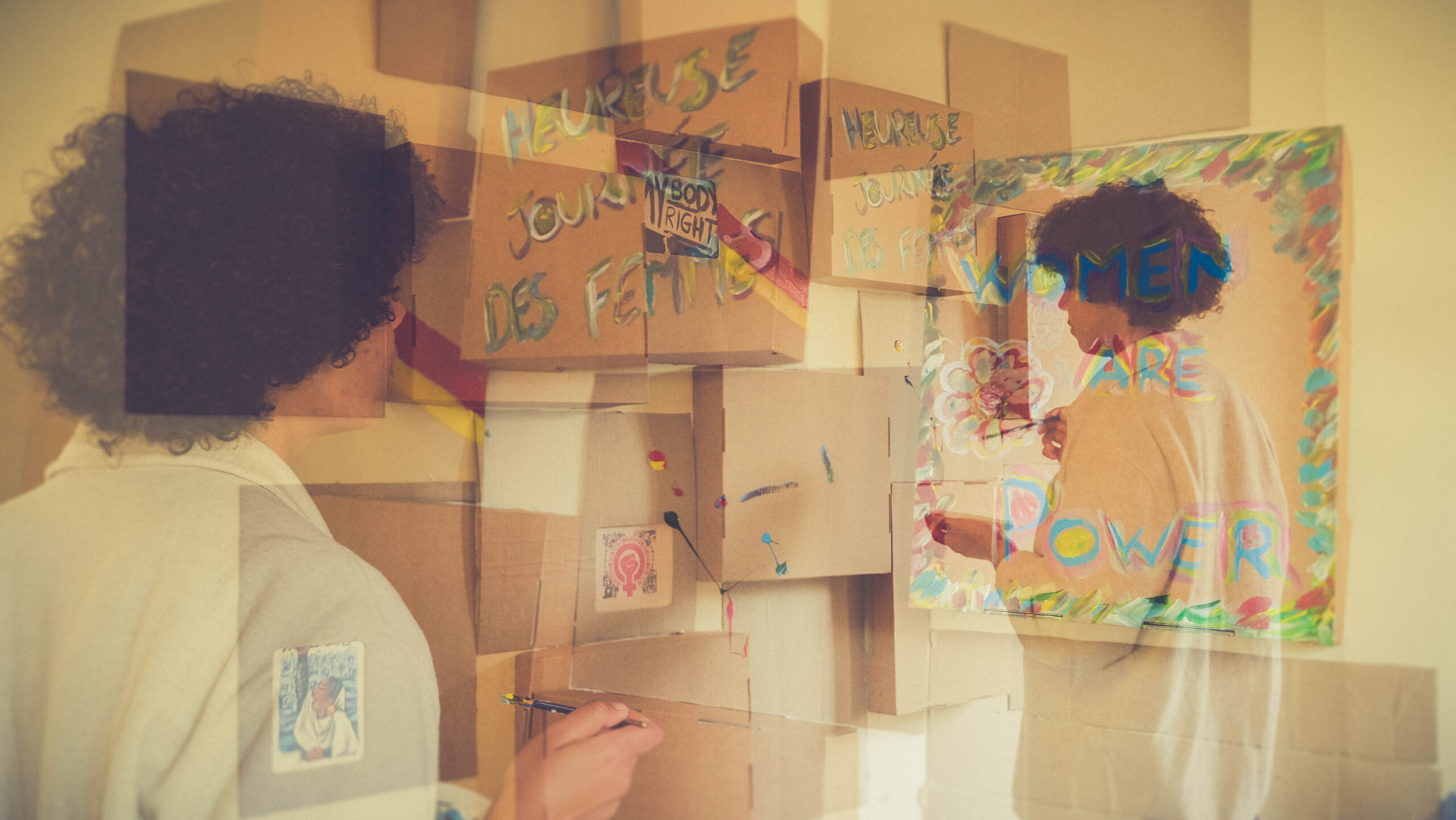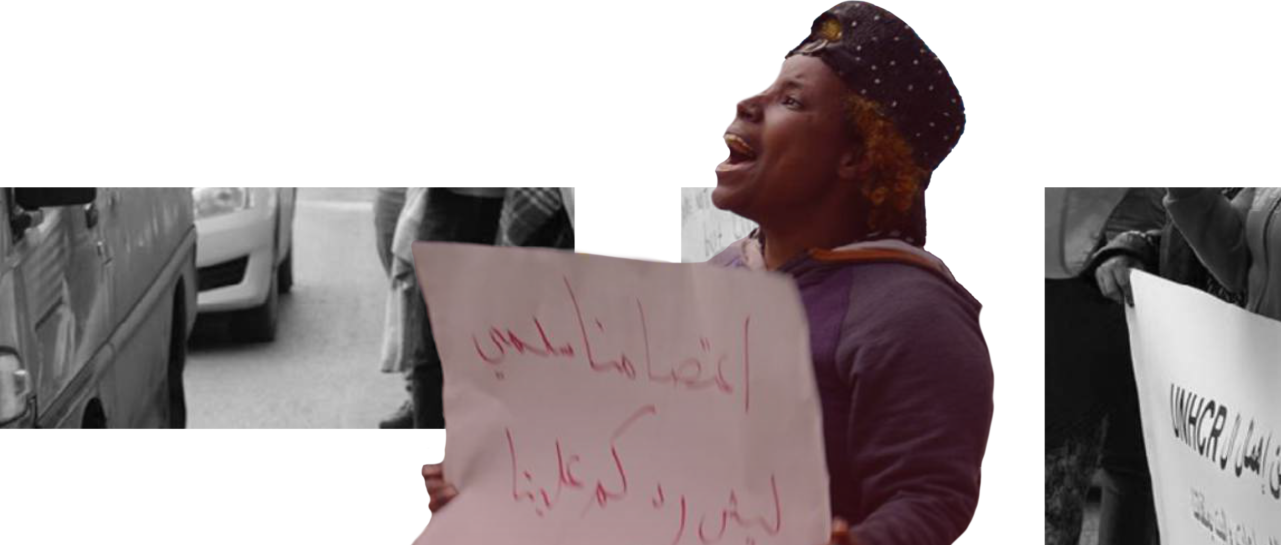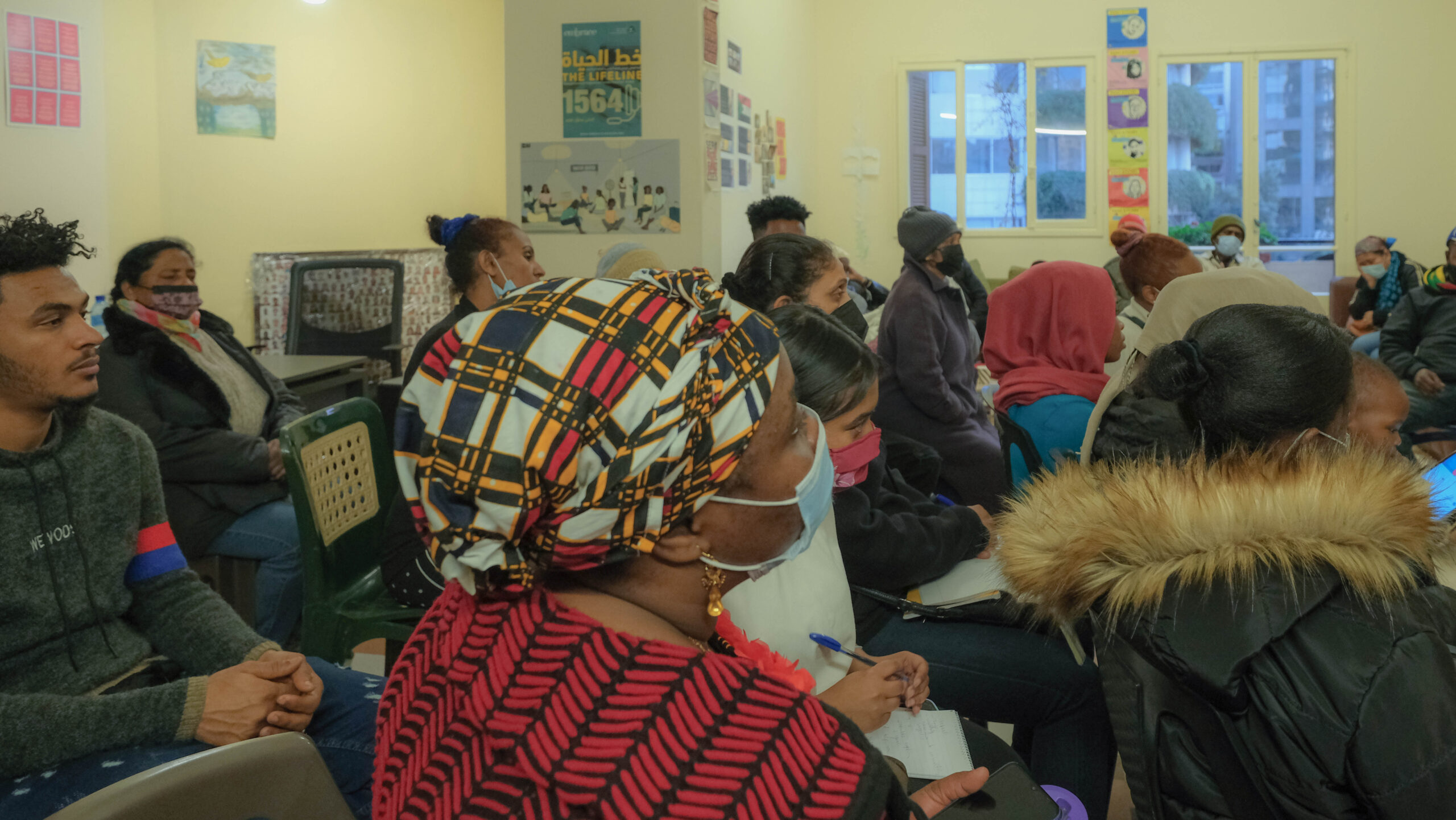Annual Report 2022
06/03/2023
2022 was a turbulent year for ARM, migrant workers, and refugees in the country. It began with yet another harrowing scene of a migrant domestic worker being abused in public by her employer, who, predictably, was never held accountable.
Shortly after, a leaked draft of the Ministry of Labor’s update to the standard unified contract (SUC) threatened to deny migrant domestic workers even more rights.
Thankfully the draft was not adopted, but it revealed that decision-makers were leaning towards even more restrictive working conditions – which motivated us to work as hard as ever to advocate for the rights of migrants in Lebanon.
Click here to download the annual report.
“We move forward tired, but believing once more in the possibilities for radical change – we already see them emerging in our new space and its growing community.” – ARM Team
A Few Highlights From 2022
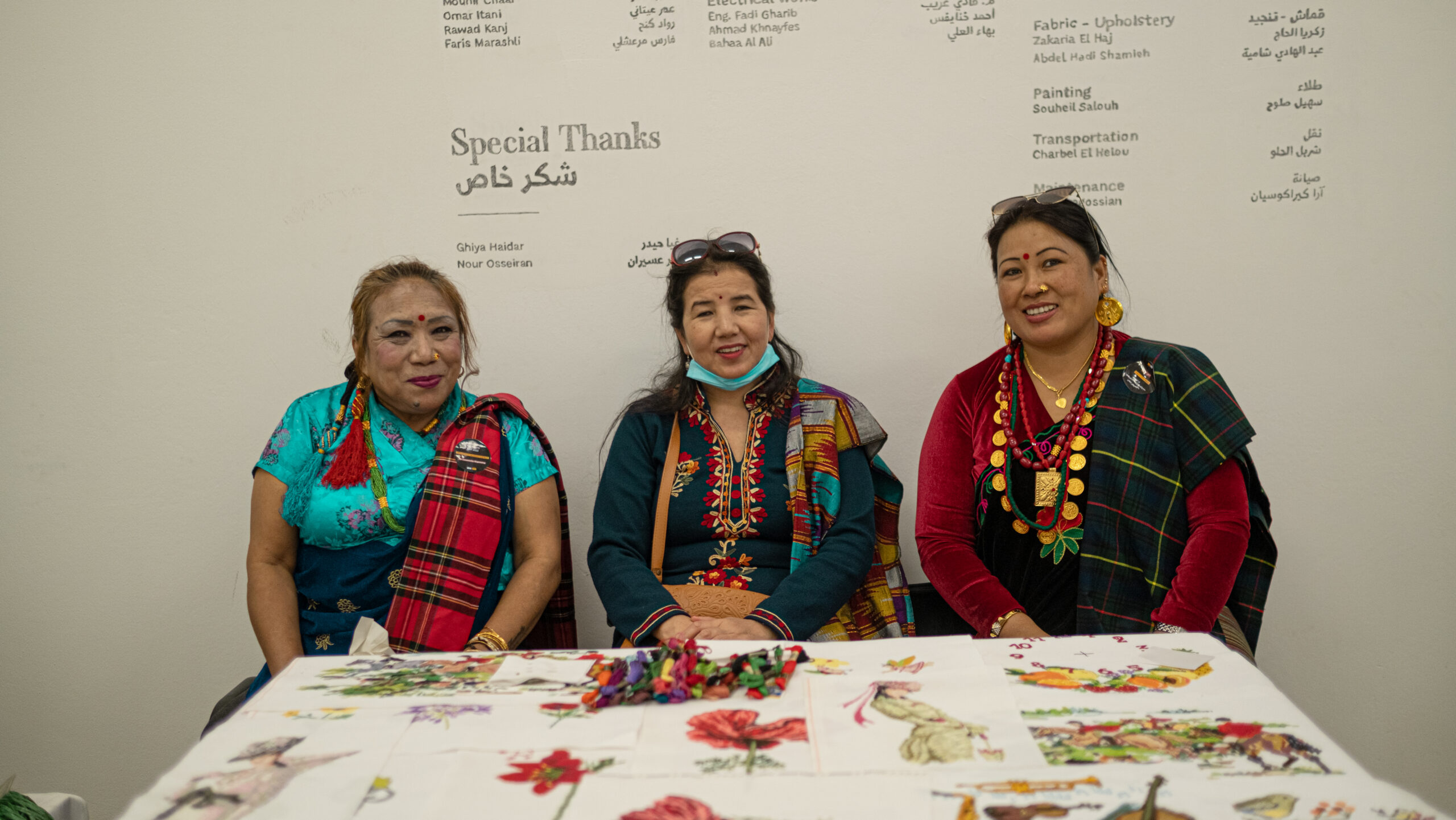
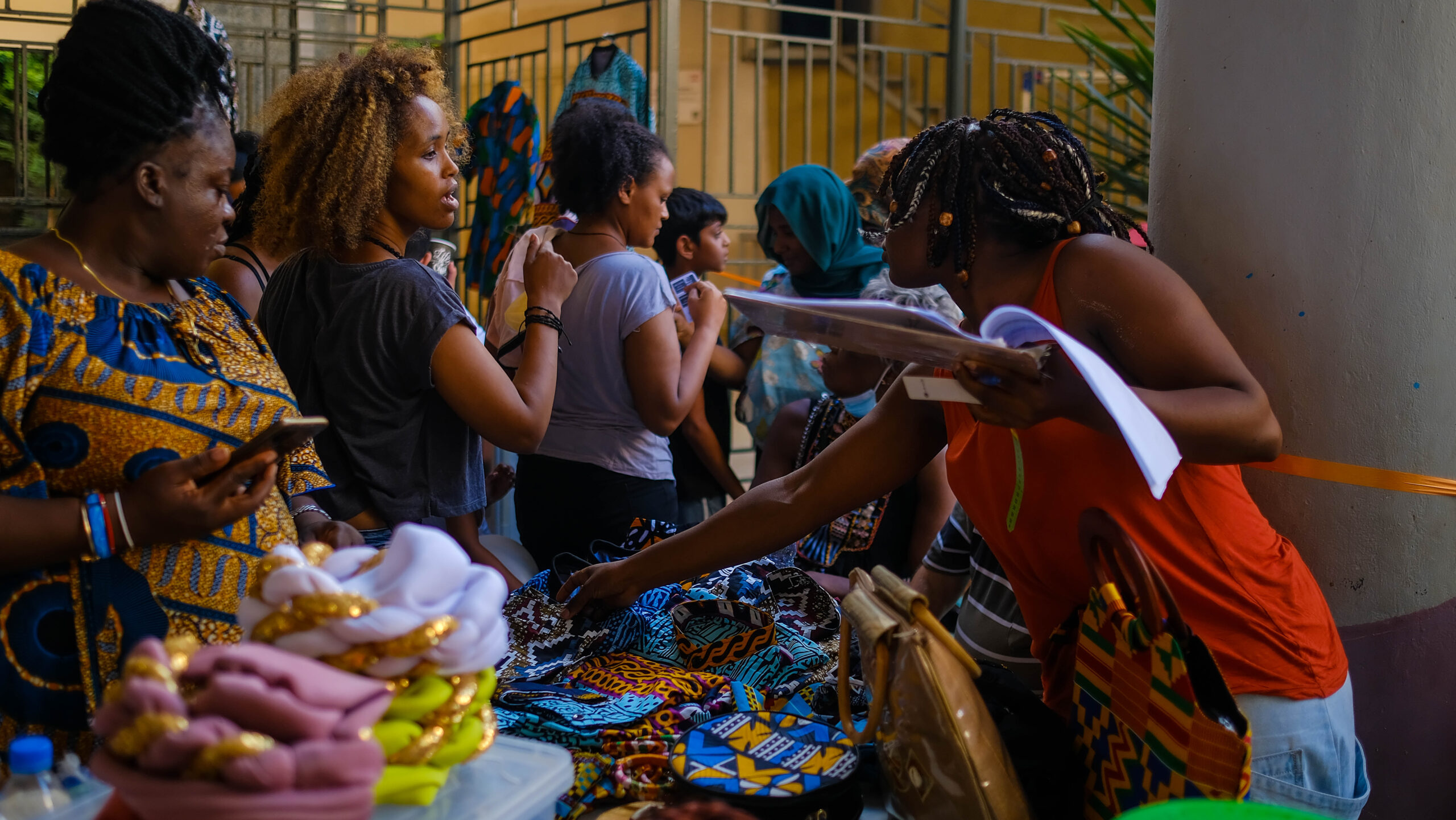
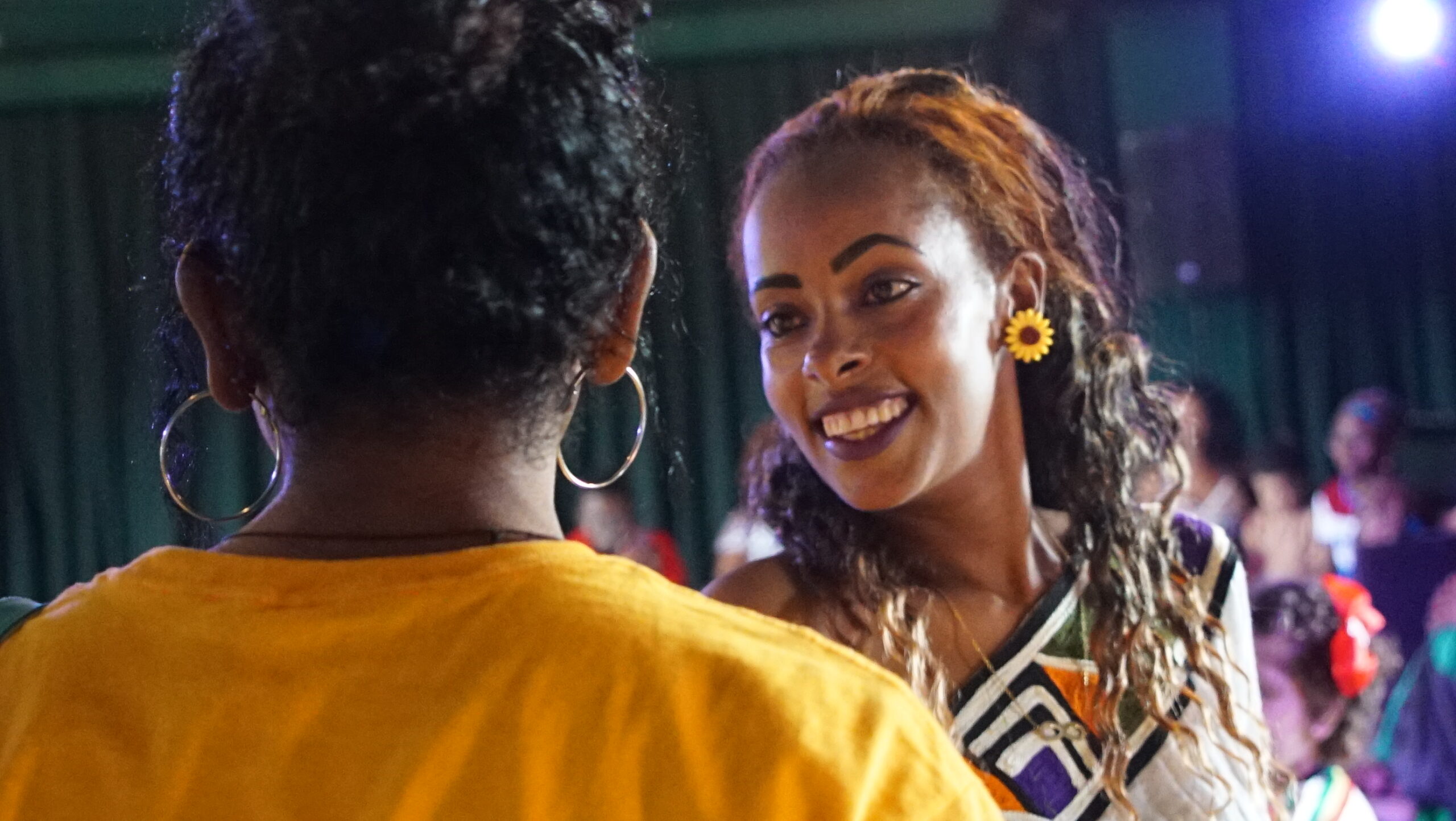
Building and Sustaining Strong Communities for Migrant Domestic Workers through the Migrant Community Center (MCC)
Since 2011, MCC has been a safer space for migrant communities to meet, make friends, share resources, learn languages, build skills, produce knowledge, self-organize, and advocate for their rights as leaders of change.
The highlight of 2022, in terms of community-building, was the International Migrants’ Day annual event, which gathered over 300 participants, and included several activities led by MCC members, such as storytelling, a talent show, a fashion show, a theater performance, a photo exhibition, a market, and a panel discussion about the challenges and promises of migrant-led community organizing.
Supporting Migrant Domestic Workers’ Self-Advocacy & Self-Organizing
For over a decade, migrant workers have been making efforts to organize and advocate for their rights in Lebanon.
ARM recognizes self-organizing and self-advocacy as a necessary element for long-term change, and so our role is to facilitate and strengthen these efforts while helping to maintain the communities’ safety, security, and wellbeing.
ARM has supported migrant communities in designing, leading and implementing advocacy efforts by holding training sessions and workshops on different organizing and campaigning tools, directing them towards external training and networking opportunities, coaching groups and individuals on practical skills such as public speaking and creating media presence, and creating spaces for political discussions and sharing sessions in order to bring together different communities with common goals.
The purpose of this program is to ensure that migrant community members are able to effectively be the central actors in their struggle.
Casework
Through our casework in the past years, we have bore witness to the repercussions of the Kafala system on every aspect of migrant workers’ lives, including their basic rights, work, and family life.
Our casework team has directly reached and supported 161 migrant workers and refugees in 2022: 148 women and 13 men, 6 of whom are refugees.
Most received direct counseling services from the team, some were offered legal aid services, while others were referred to external organizations including KAFA (enough) Violence & Exploitation, Caritas Lebanon Migrants Center, Lebanese Centre for Human Rights (CLDH), International Organisation for Migration (IOM), Housing Monitor (HM), and Doctors without Borders (MSF).
International Advocacy
As the ongoing crisis in Lebanon made efforts towards meaningful policy change for migrant workers futile, we pursued avenues beyond the Lebanese borders to push for international accountability. We engaged with United Nations review mechanisms that Lebanon is signatory to, by submitting a report on the situation of migrant women as part of “Lebanon’s Civil Society Submission to the 81st Session of the Committee on the Elimination of all forms of Discrimination Against Women (CEDAW).”
In fact, the report by the Lebanese state effectively excluded migrant domestic workers from the official number of women in the country.
Our report emphasized unfair employment conditions, lack of reproductive rights, human trafficking, forced labor, GBV, and lack of accountability or investigations in cases of abused migrant domestic workers.
Most of the issues we highlighted were eventually included in CEDAW’s recommendations to the Lebanese government.
To learn more, click here to read our 2022 Annual Report.
Related Posts
Have Any Questions?
To inquire about this statement and the context, email us or fill the form.
